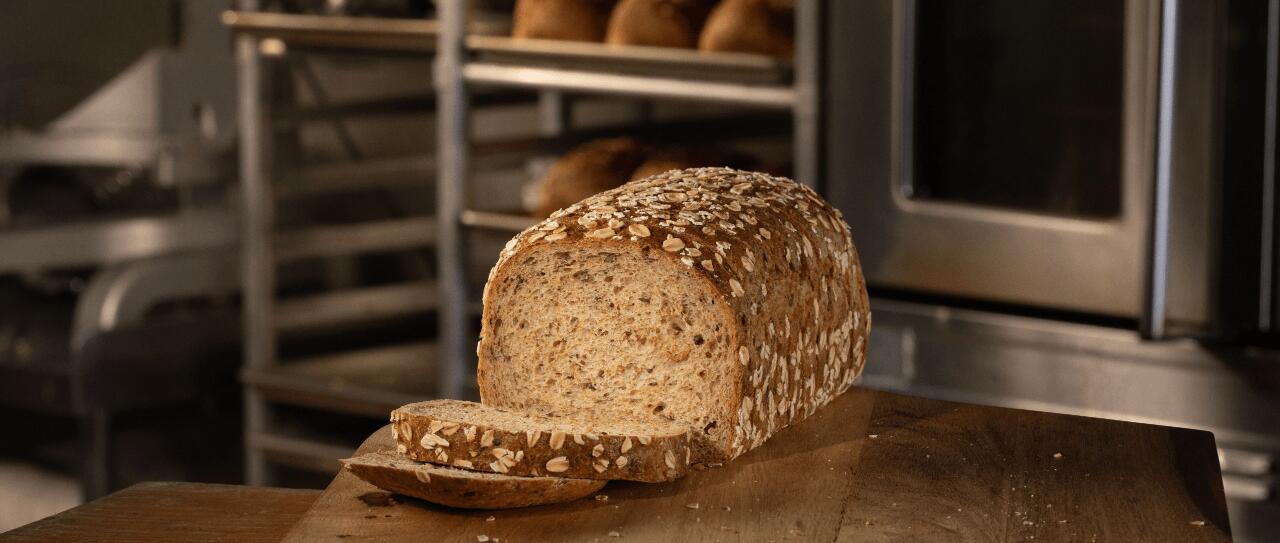A natural, slow fermentation process allows the flavour and texture of the bread to develop more fully, resulting in a more flavourful bread with tangy & sour notes, and a chewier texture. This process also acts as a natural preservative, keeping Stonemill bread soft and fresh for longer.
Besides the flavour & texture benefits, some studies indicate that sourdough bread may be easier to digest than regular commercial yeast breads 1. It can also increase mineral bioavailability, help lower glycemic index, improve protein digestibility and decrease the content of anti-nutritional factors.2
1 https://www.ncbi.nlm.nih.gov/pmc/articles/PMC6950244/ 2 https://www.sciencedirect.com/science/article/pii/S0924224420307202
